Small Swiss Hound
Small Swiss Hound (Schweizerischer Niederlaufhund) is a small-sized dog that comes in 4 variants: Bernese, Jura, Schwyz, and Lucerne. All four variants are incredibly similar; the main difference is their coat color. This dog is a scent hound that uses his nose to the job – follow a scent for great distances.
Hunters needed a smaller dog who would have the ability to access smaller areas, so the Swiss hound was too big, and they created a smaller version. They are primarily hunting dogs, but Small Swiss Hounds can also be great family companions.
They do best in active families who love to spend their days outside. Small Swiss Hounds can be stubborn, and they need an experienced owner who will know how to train this dog breed.

Height:
13-17 in (33-43 cm)

Weight:
18 - 33 lb (8-15 kg)

Origin:
Switzerland

Life Expectancy:
12-14 years
Dog Breed Characteristics
Grooming
Small Swiss Hound dogs can have smooth and rough coats. Both variants require weekly brushing to keep these dogs clean and their hair healthy.
Small Swiss Hound coat color:
- Small Bernese Hound:
- White and black with tan markings
- Small Jura Hound:
- Black with tan markings
- Small Lucerne Hound:
- Blue speckled with black mantle
- Small Schwyz Hound:
- White with orange-red mantle
Since these dogs have droopy ears, you should be very careful and check them regularly. They are prone to developing ear infections, and because of that, weekly check their ears for any signs of infections – bad odor, redness, wax build-up, etc.
With these dogs, the rest is basic care. Trim their nails if the dog doesn’t wear them out naturally, bathe them a few times a year, and brush their teeth so they secure fresh breath and healthy gums.
Exercise
Small Swiss Hound dogs are very active and they will enjoy all fun daily activities. You can take them on long walks, play with them in the house or throw them ball outside – whatever you choose, your dog will enjoy and be happy. If their daily physical needs are met, you will have the most lovable dog with whom you will not have any problems.
Socialization
Since this is a hunting dog breed, early socialization is a must. From the moment you bring your Small Swiss Hound home, start the socialization process. That way, you can be sure that your dog will develop into a well-behaved dog with whom you will not have any problems later in life.
The best thing you can do is to expose your dog to many different situations, people, dogs, animals, and sounds so they can learn how to properly react. You can even socialize your dog at home: dress differently and act differently so that your dog can’t recognize you right away.
Small Swiss Hound and kids
Small Swiss Hounds are an excellent choice for families with kids, and they will be great playing partners for them. Take note that no matter how good your dog is you should never leave him alone with kids so any unwanted behavior wouldn't emerge.
Before you let them play, you should also teach your kids what is the correct way to approach, interact and play with the dog. That way, you can be sure that your kids will respect the dog.
Small Swiss Hound and other animals
Small Swiss Hound gets along with other dogs and enjoys their company. With proper socialization, you don't have to worry that your dog will become aggressive or wouldn't get along with other dogs. Since this is a hunting dog in some cases, Small Swiss Hound can start chasing smaller animals.
Health
Small Swiss Hounds are generally healthy dogs, but like most of the dog breeds in the world, they can suffer from some health problems. Those problems include:
- Ear infections
- Hip dysplasia
If you want to get a puppy with the best possible health, you should never buy him from an irresponsible dog breeder. Official and responsible dog breeders regularly check their breeding dogs, and they will not breed dogs if there is a possibility that the puppies will end up with inherited diseases.
Small Swiss Hound breeders
Small Swiss Hounds are not so popular dogs around the world, so you must be prepared that you will have to wait for your puppy if you decide that this is the best dog for you. While searching for breeders, always find the good ones, and if you do so, you don’t have to worry that your dog will end up with inherited diseases. While talking to breeders, always ask them to show you the health certificates of their dogs.
World Dog Finder team

Updated at04.09.2023.
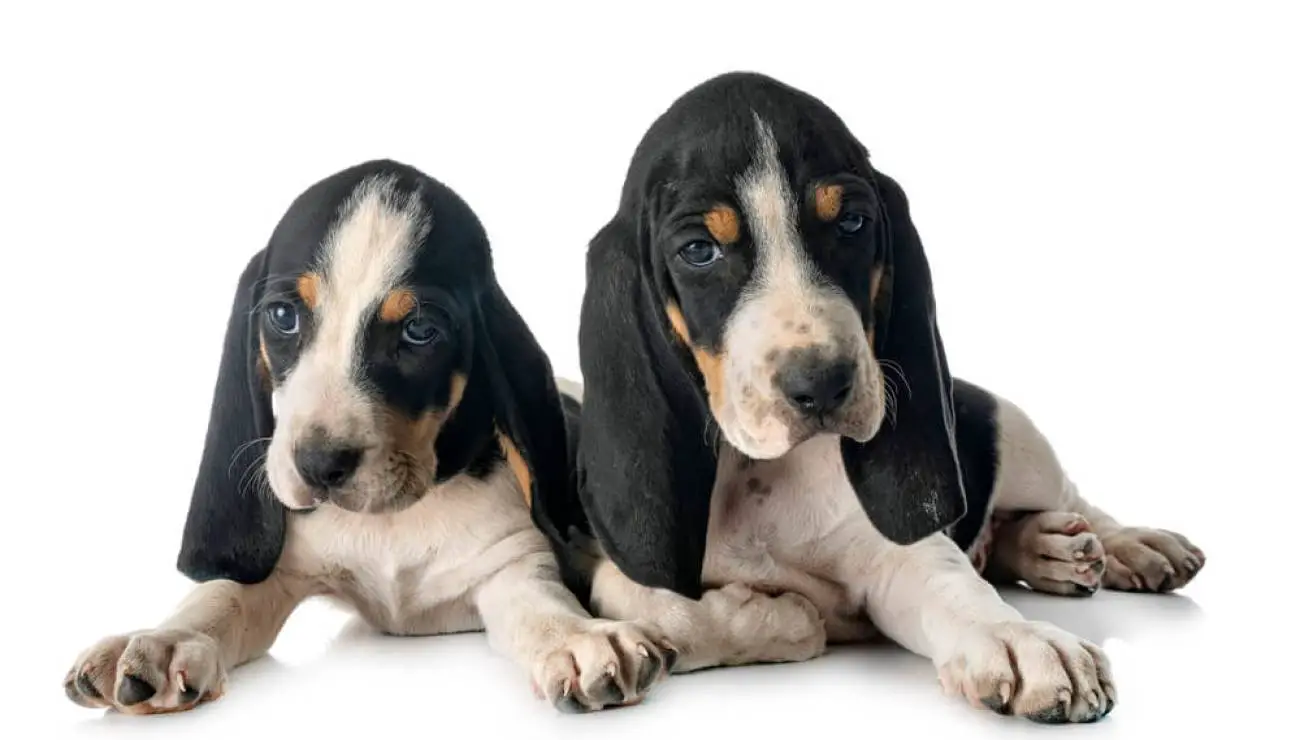
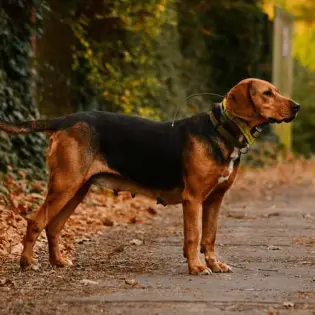
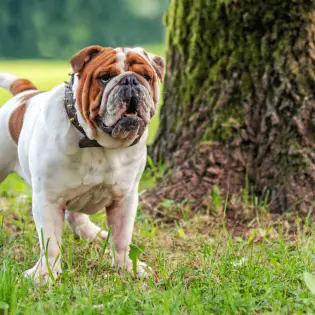
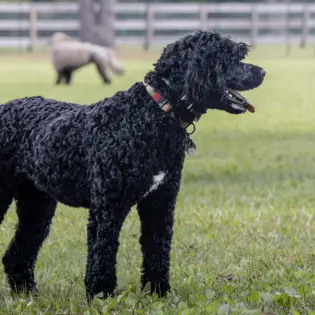
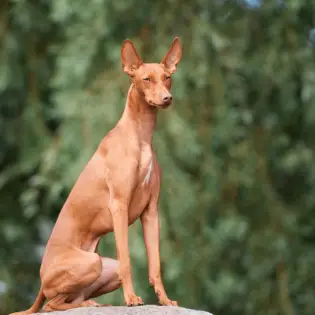
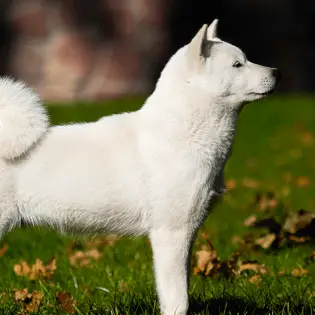
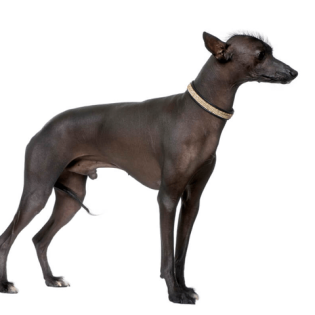
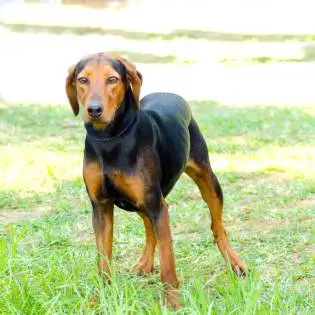
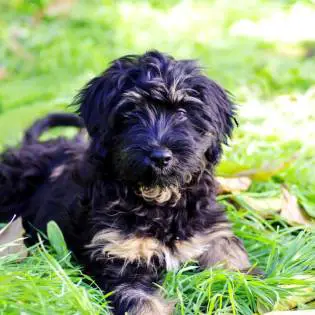
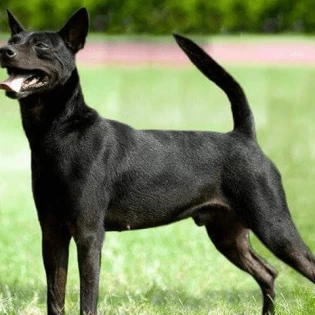
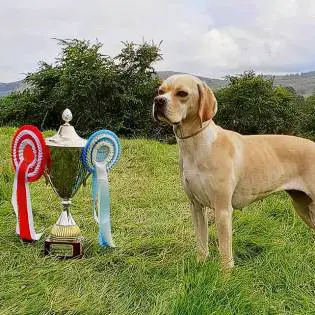

Share